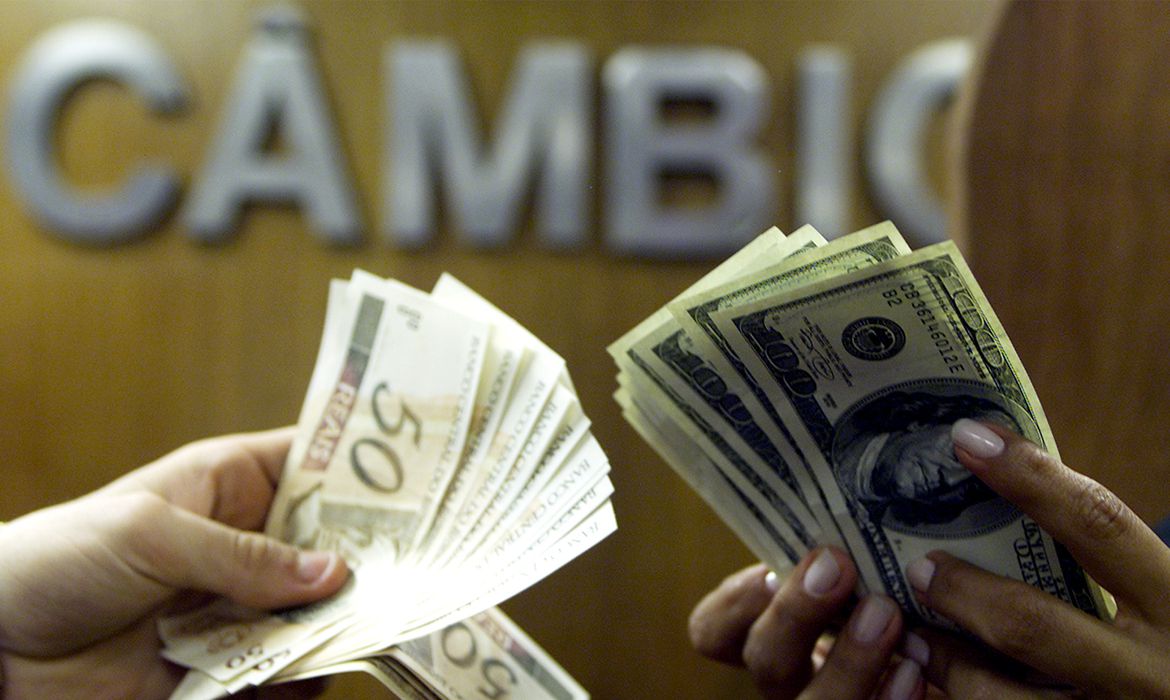After the solid fall the day before, the dollar follows the opposite path against the Brazilian real and advances strongly on Friday, September 23.
The domestic exchange market is strongly influenced by the climate of risk aversion that dominates abroad, given the increased fears of recession after the announcements of interest rate hikes by the world’s leading economies and new weak data from Europe.
Around 12:25 PM, the commercial dollar was up 2.26% at R$5.2305. At the maximum, it was R$5.2411. The dollar futures for October advanced 2.19% to R$5.2400.

“The rise [of the dollar here] has a global character, considering that, since dawn, the DXY index had already been operating in the positive plane.
“The driver is the increasingly real fear of a global recession, driven by the interest rate hike in the United States,” comments Fernando Bergallo, director of FB Capital.
This week, the interest rate increase of 0.75 percentage points by the Federal Reserve (Fed, American central bank) added to the downward revision of its perspectives on the economy of the United States.
Besides, the rate increases by the authorities in England and Switzerland increased investors’ concerns about the imminent global recession. Today, European data corroborate this scenario.
The euro zone’s preliminary composite purchasing managers’ index (PMI) fell from 48.9 in August to 48.2 in September, in line with the forecast of economists consulted by “The Wall Street Journal.
Readings below 50 indicate a contraction in activity. In Germany, the same indicator fell from 46.9 to 45.9. On the other hand, France’s remained above the 50-level, advancing from 50.4 in August to 51.2 in September.
“The assets are divided between the fear of a sharper recession, impacting the commodities, which fall sharply, such as oil, now close to US$80, and the risk of the central banks not being able to control inflation,” says the fixed income trader of Renaissance, Luis Felipe Laudisio.
With information from Valor Econômico

